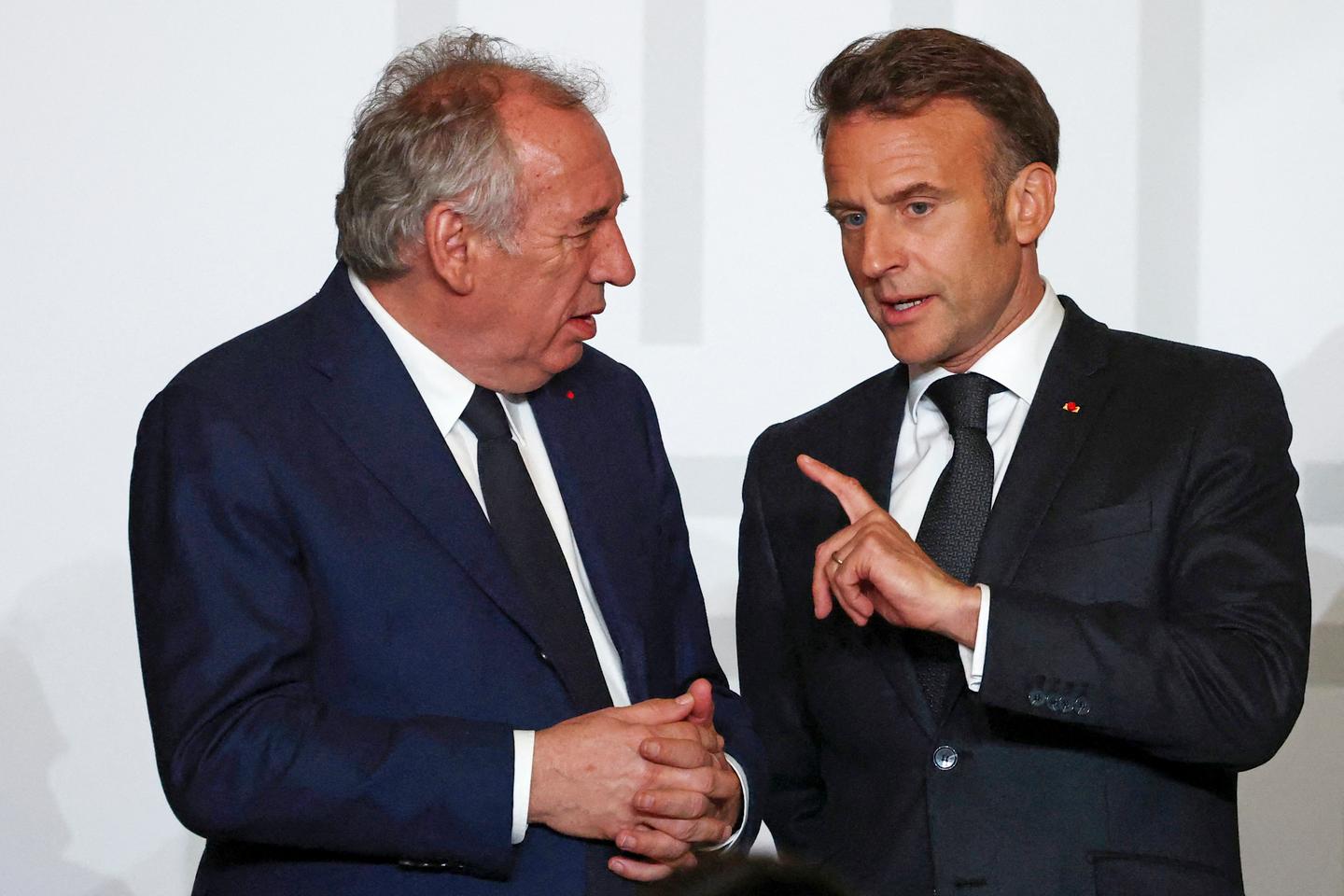


Since his appointment as prime minister, François Bayrou has brandished three times the referendum as a way to have decisions that deeply divide Parliament approved. Initially, he prime minister had suggested a possible referendum be put to the French public following the conclusions of the "conclave" on pension reform scheduled for June, which is already expected to provoke significant turbulence in the Assemblée Nationale. One part of the left and the unions have continued to demand that the retirement age be brought back to 62, while Bayrou has ruled out this option, due to the scale of France's public budget deficit: €6.6 billion in 2025, and set to rise to nearly €15 billion a decade later.
Then, Bayrou, the founder of the centrist MoDem party, once again suggested a potential referendum, in an attempt to change the voting system used for parliamentary elections, a cause he has championed for decades: Replacing the two-round plurality electoral system with a proportional representation system, which could better represent the country's political diversity and encourage compromise. While some parliamentary groups have supported this, Laurent Wauquiez, a right-wing Les Républicains (LR) party leader, has made it out to be a casus belli. This would risk further fragmenting the central bloc, which was already hanging by a thread.
Now Bayrou has, for the third time, brought up the temptation of holding a referendum on a significant challenge that awaits him in the fall: Attempting to pass a budget for 2026 that includes €40 billion of cuts, and carving a thorny path through to 2029, to try to reduce the country's public deficit from 5.4% to 3% of its gross domestic product. To date, no consensus has emerged among political parties to take back control over the public debt: The left has advocated tax hikes, while the right and center have insisted on cutting spending only.
The possibility of a sanction vote
Moreover, an essential debate about how to distribute the effort between active and inactive segments of the population is stillborn because, after the intense conflict in 2023 over pension reform, no political force dares to increase the burden on seniors. "Eliminating the 10% tax deduction on pensions is a red line. I am determined to make François Bayrou back down," said Wauquiez again, threatening to withdraw his party's support from the government if any minister dared to support the possibility.
You have 60.98% of this article left to read. The rest is for subscribers only.
